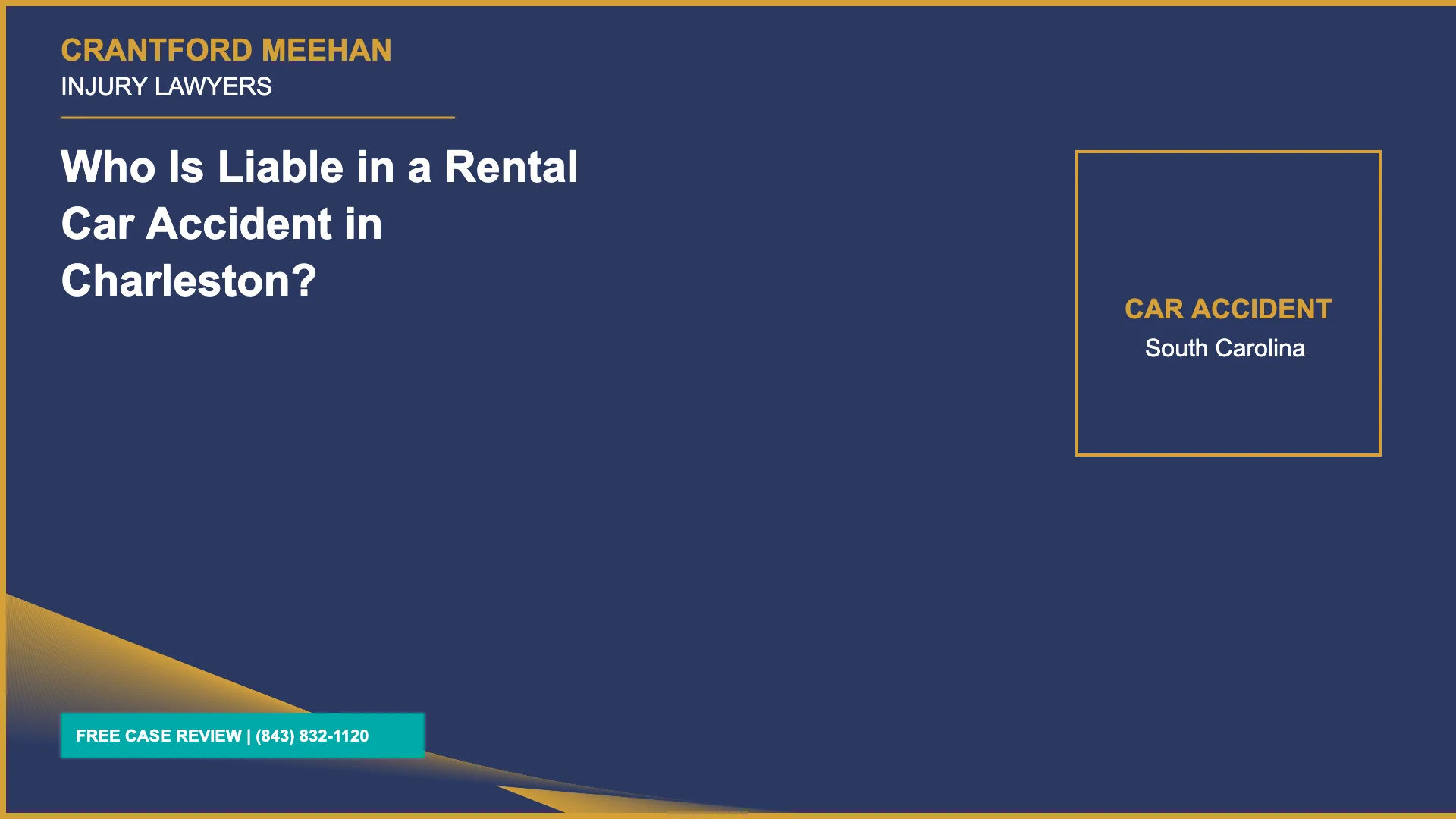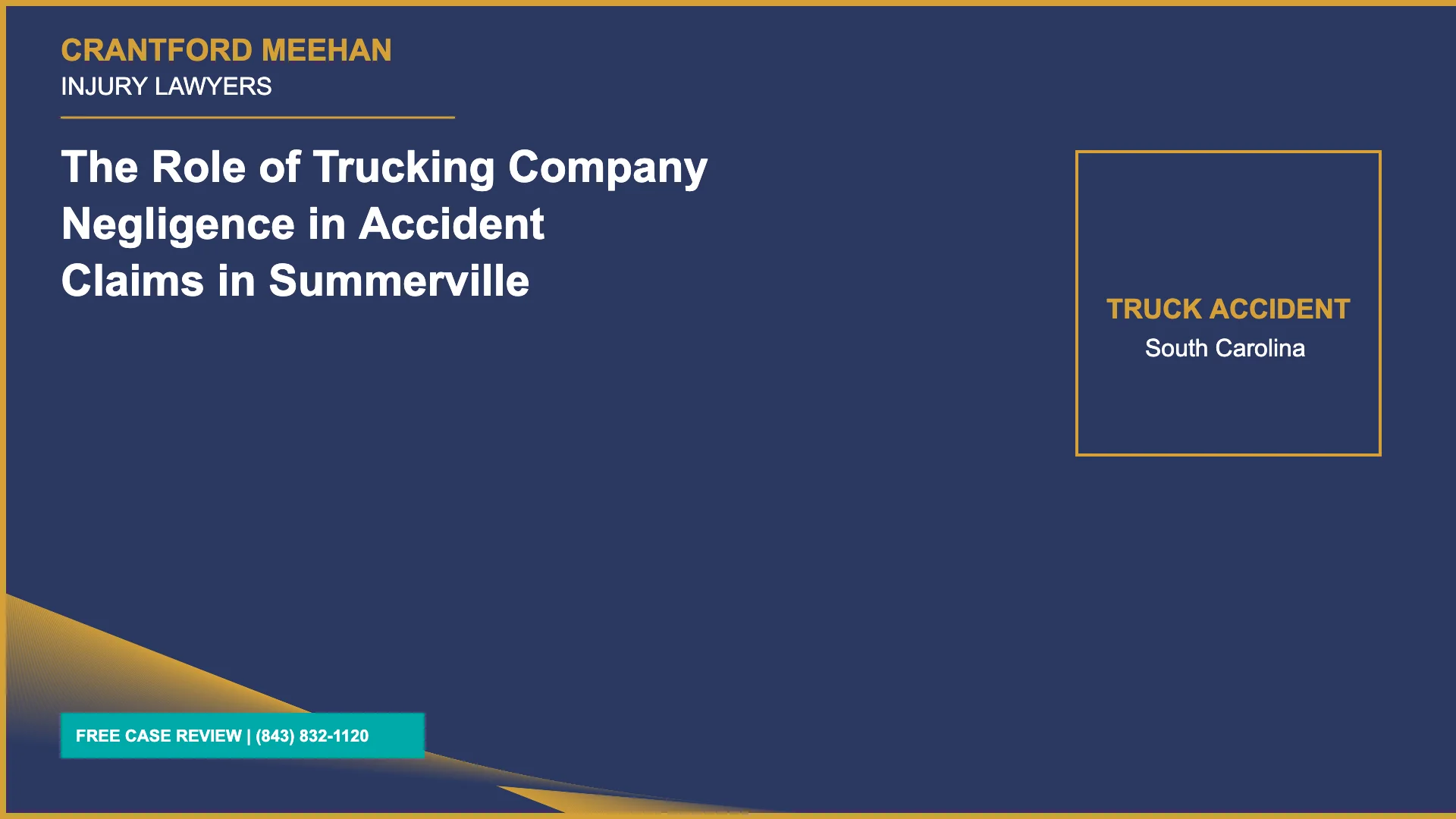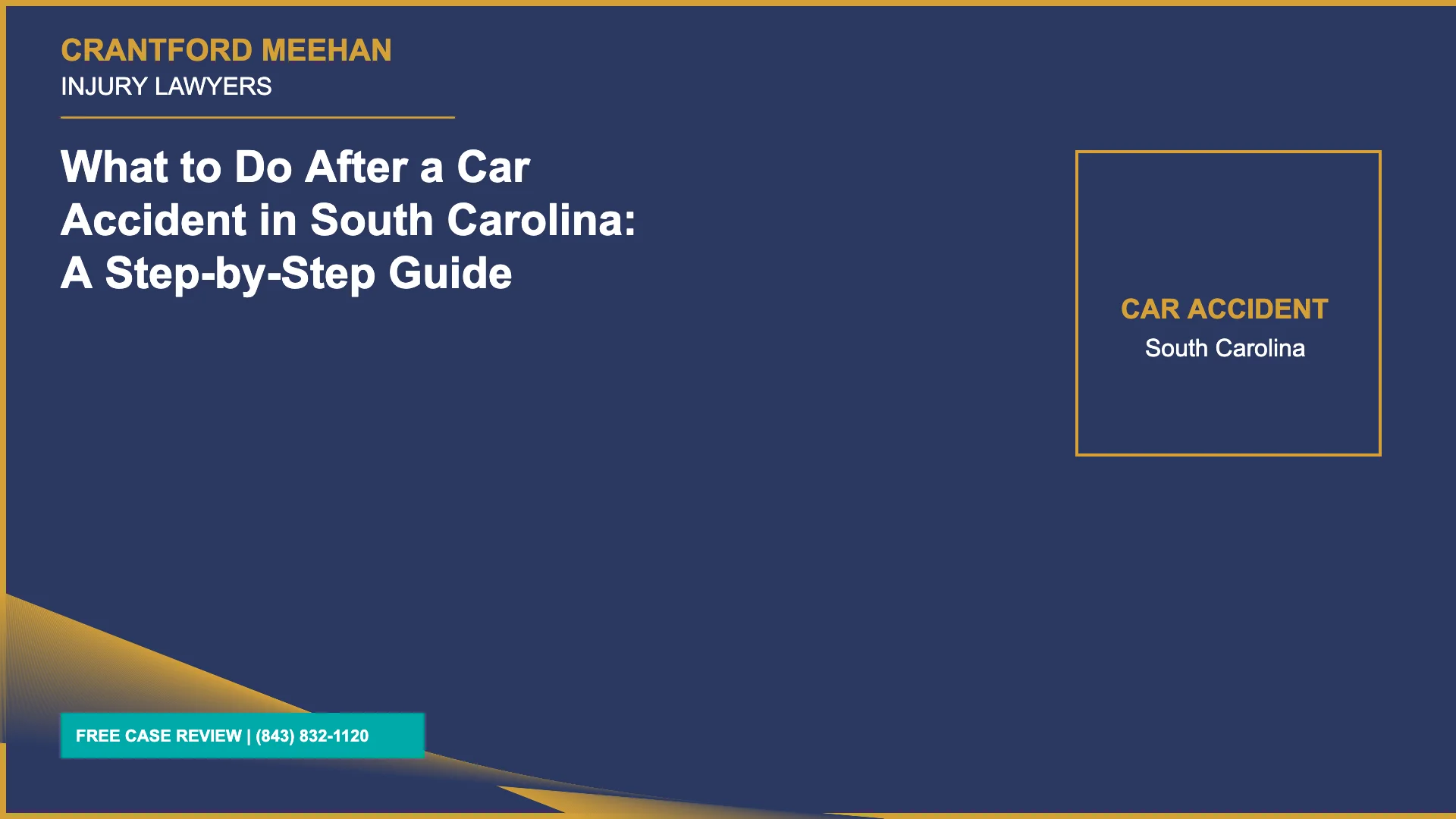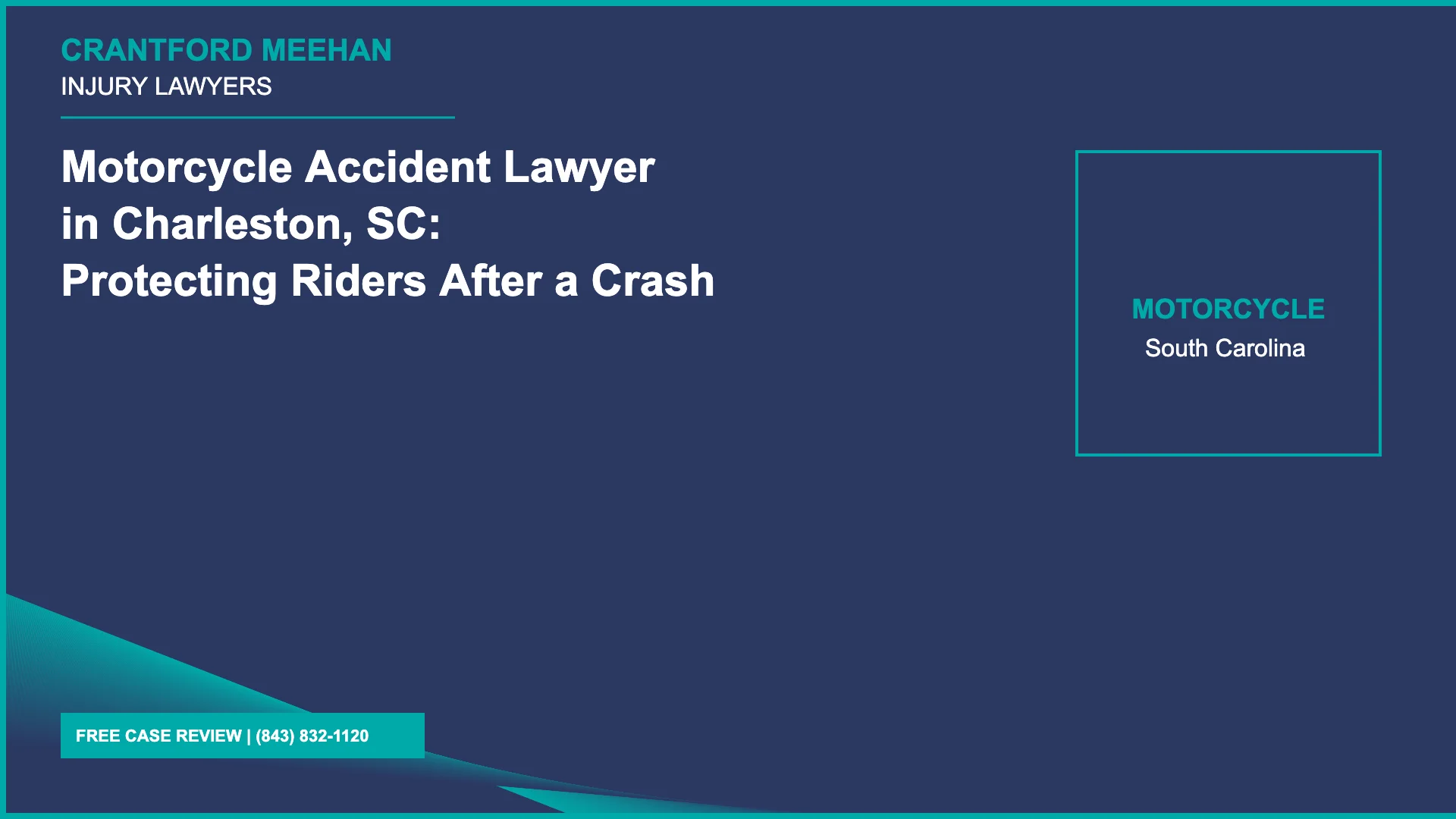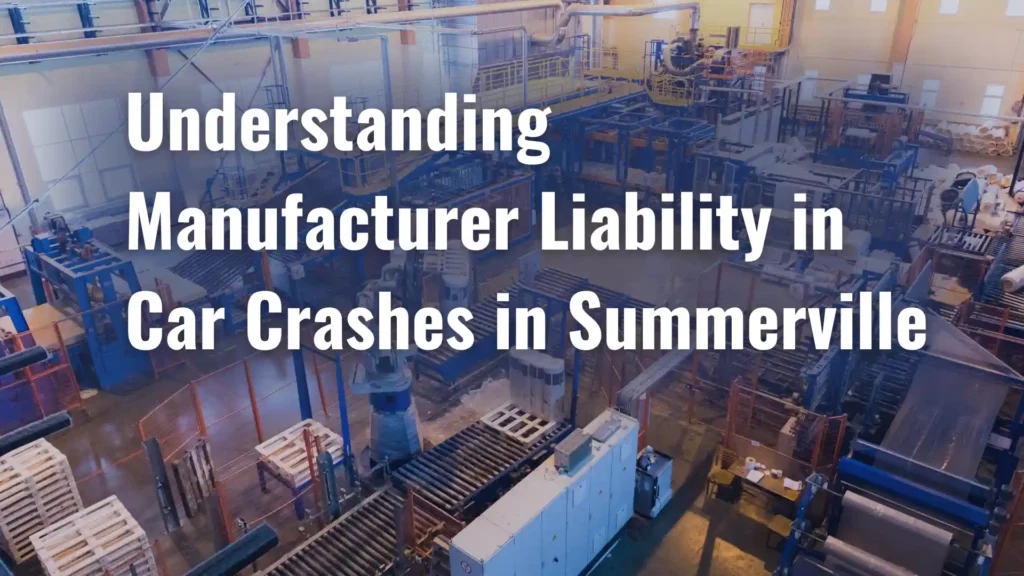
Cars are complex machines made up of thousands of individual components. Automakers and parts manufacturers must take special care when designing and building these parts, as a preventable failure could lead to serious accidents. Unfortunately, many companies prioritize profits over safety and build cars using cheap or even unsafe parts. An automaker or parts company may be liable for a South Carolina vehicle collision under the theory of product liability.
What Is Manufacturer Liability in a Car Accident?
Manufacturer liability for car accidents falls under a legal principle called product liability. This concept means that the companies that make or design products can be liable if their products harm someone.
When it comes to vehicle accidents, product liability often involves faulty parts like brakes, airbags, steering systems, or tires. If a car part is poorly designed, made with cheap materials, or fails unexpectedly during normal use, the manufacturer may be liable. It doesn’t matter if the driver was careful. What matters is whether the part was unreasonably dangerous and caused or contributed to the crash.
For example, imagine driving through Summerville when your brakes suddenly fail. You weren’t speeding, the road was dry, and you serviced your car regularly. Later, your lawyer discovers that the brake pads were made with defective materials and failed under pressure. In this case, the company that made the brakes (or the automaker that installed them) might be legally responsible for the crash.
Types of Vehicle Defects That Lead to Accidents
Some crucial car components that can cause collisions if they’re defective or fail include:
- Brake system failures – Defective brake pads, calipers, or lines can make a vehicle take longer to stop or fail to stop altogether. These catastrophic component failures often lead to rear-end collisions or intersection crashes.
- Tire blowouts – Poorly manufactured tires can lose their tread or explode, especially at high speeds. A sudden blowout may cause the driver to veer off the road or into other vehicles.
- Steering system defects – Problems with power steering pumps, steering racks, or linkages can make a car difficult or impossible to steer. Without proper steering, the driver might drift out of their lane or be unable to avoid obstacles.
- Airbag malfunctions – Airbags that deploy without warning or fail to deploy during a crash can increase the severity of injuries. A sudden deployment might startle a driver and cause a crash, while a failure to deploy may leave occupants unprotected. Issues like these led to the ongoing Takata airbag recall.
- Accelerator defects – A stuck or unresponsive gas pedal can cause a vehicle to speed up unexpectedly or fail to slow down. These defects can cause severe collisions, especially in heavy traffic or near pedestrians.
- Electrical system failures – Faulty wiring or sensors can cause headlights, brake lights, or turn signals to stop working. These issues reduce visibility and make it harder for other drivers to predict your actions.
- Fuel system defects – Leaks or design flaws in the fuel system can lead to fires or explosions during or after a crash.
How to Prove a Car Manufacturer Is Liable
Automakers have huge legal teams to contest car accident claims and shift blame for a crash. You need compelling evidence to show how the automaker’s faulty design or manufacturing process caused the collision. Some evidence that can support your case includes:
- Vehicle inspection reports – A professional can inspect your car after the crash and identify any defects in parts or systems.
- Recall notices – If the manufacturer recalled your vehicle or a specific part, that recall may support your vehicle defect claim.
- Expert testimony – Engineers or auto safety specialists can explain how the defect occurred and how it contributed to the crash.
- Accident scene photos – Pictures of skid marks, debris, or damaged vehicle parts can help show what happened during the collision. For instance, a lack of skid marks, even though you applied the brakes, might show that the brakes were defective.
- Maintenance and repair records – These documents can show that you kept your car in good shape, which helps rule out poor upkeep as the crash’s cause.
- Black box data – Many newer vehicles have onboard computers that record the car’s speed, braking, and other details. This data can help show how the crash happened and the role of defective components.
- Photos of the defective part – Clear images of the broken or failed part can help prove it was defective.
- Similar complaints – Reports from other drivers about the same defect may support your argument that the part was dangerous.
What Compensation Can Victims Claim?
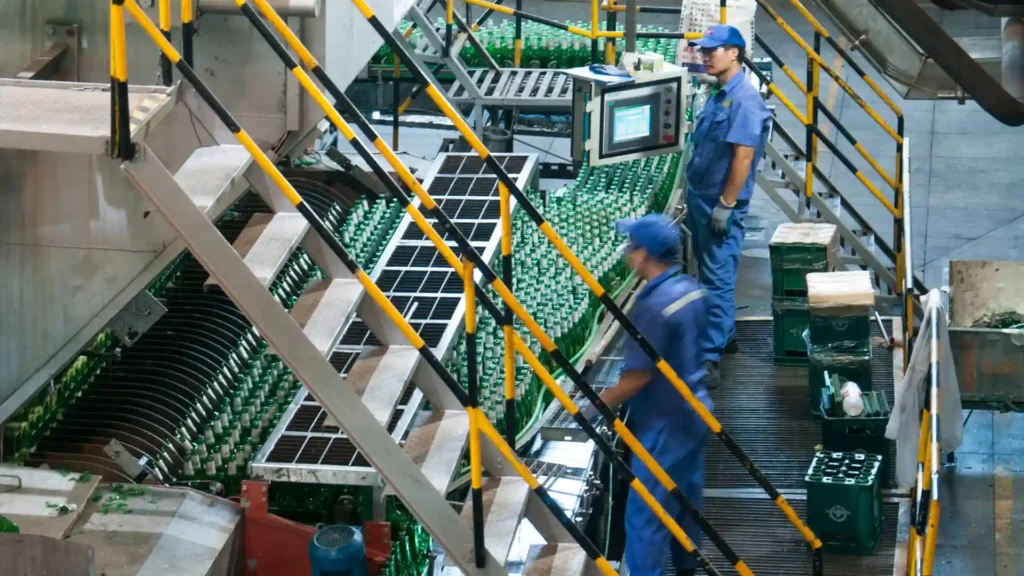
- The accident’s direct financial costs – You can demand compensation for your lost income, medical bills, vehicle repair/replacement costs, and other expenses related to the crash.
- Lost future earnings – A severe injury from an accident might keep you from working or force you to find a new, lower-paying job. You can seek compensation for how the crash affected your future earning potential.
- Your pain and suffering – Constant, ongoing pain from your injuries can severely affect your quality of life. While proving your pain and suffering can be tricky, this compensation can be a substantial portion of your claim.
- Your emotional distress – Many people involved in catastrophic accidents experience anxiety, depression, PTSD, or other mental health conditions. You can pursue compensation for how a crash’s emotional effects impact your life.
Deadline to File a Vehicle Defect Lawsuit
South Carolina law says you must file a product liability lawsuit within three years of an accident in most circumstances. However, it’s best to contact an attorney as soon as possible. Critical evidence can fade if you don’t talk to a lawyer right away, and these cases take time to build.
Contact Our Summerville Car Accident Attorneys
Crantford Meehan has fought for South Carolina’s injured for 30 years and recovered millions for our clients. We know how to hold automakers and parts manufacturers accountable when their faulty parts cause crashes. Call now or complete our contact form for a free consultation.
NATIONALLY RECOGNIZED LAW FIRM
REQUEST YOUR FREE CONSULTATION
GET THE HELP YOU NEED
Fill out the form below to get in touch with us!

